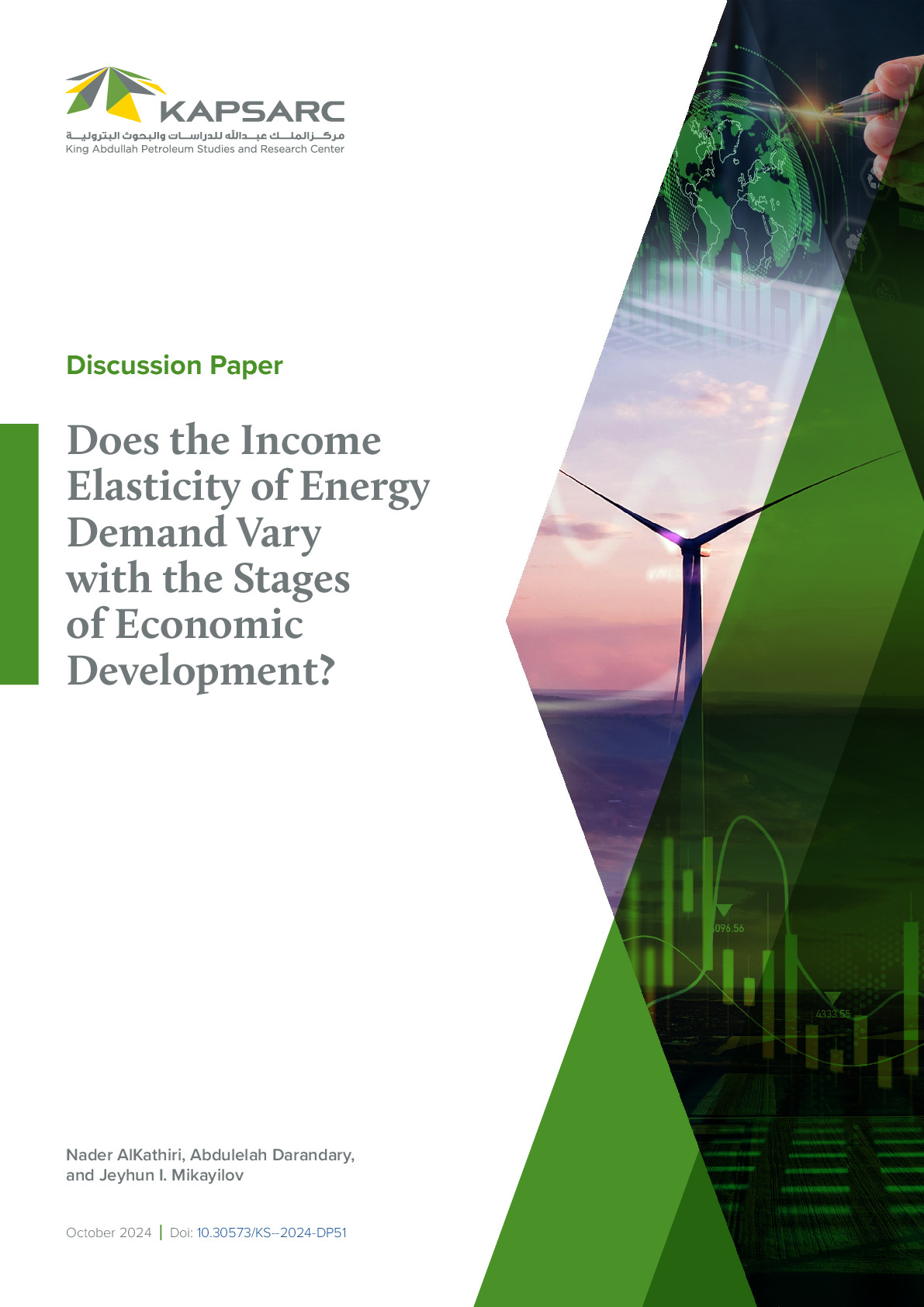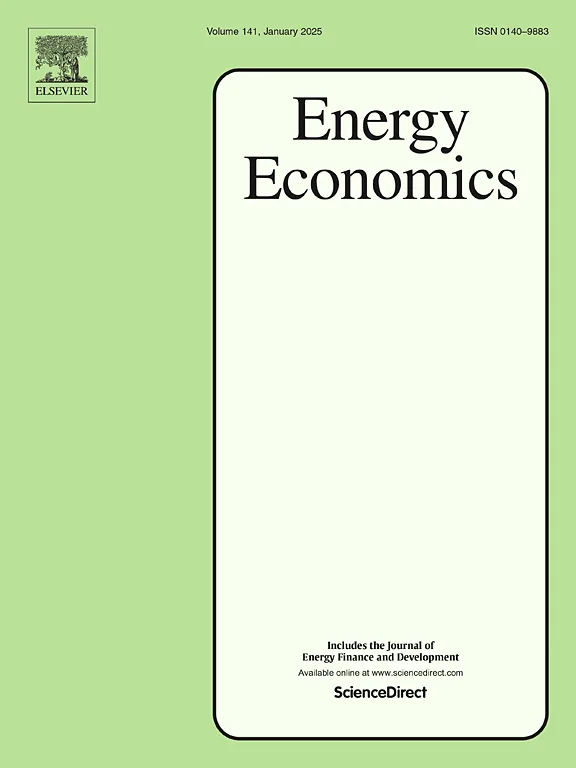Using a sample of 94 countries, we analyze the contribution of energy to cross-country economic growth and convergence since 1980. By extending the traditional frontier approach to include energy as an additional factor of production, we decompose economic growth into components attributable to technological catch-up (movement toward or away from the frontier), technological change (shifts in the world production frontier) and changes in factor inputs per unit of labor (movement along the production frontier).

Principal Fellow- Energy Macro & Microeconomics
Nader AlKathiri is a principal fellow in the Energy Macro & Microeconomics program. He currently leads a project exploring how…
Nader AlKathiri is a principal fellow in the Energy Macro & Microeconomics program. He currently leads a project exploring how different energy transition pathways impact the economies of developing and developed countries, aiming to enhance our understanding of the challenges and opportunities that lie ahead in achieving net-zero emissions. Nader’s research has been published in several international peer-reviewed journals such as Energy Economics, Resources Policy, and Applied Economics. Nader holds a Ph.D. in Economics from the University of Sussex and an M.Sc. in Applied Mathematics and Computational Sciences from KAUST. He also holds an MBA in Finance from Prince Sultan University and a B.Sc. degree in Operations Research from King Saud University.
Expertise
- Energy Economics; Economic Diversification; Macroeconomics; Development Economics; Energy Transition
Publications See all Nader AlKathiri’s publications

Analysing the Role of Energy in Economic Growth and Convergence: A Cross-country Study from 1980–2019
Using a sample of 94 countries, we analyze the contribution of energy to cross-country economic…
26th February 2025
Does the Income Elasticity of Energy Demand Vary with the Stages of Economic Development?
Using a sample of 94 countries, we analyze the contribution of energy to cross-country economic…
12th January 2025

